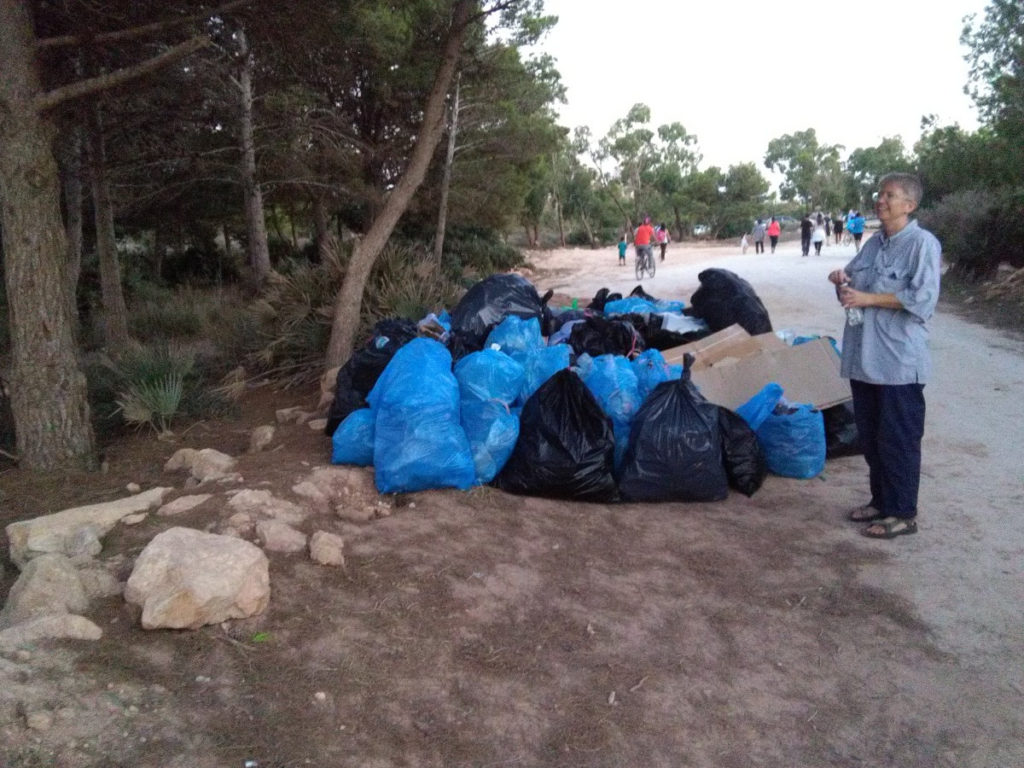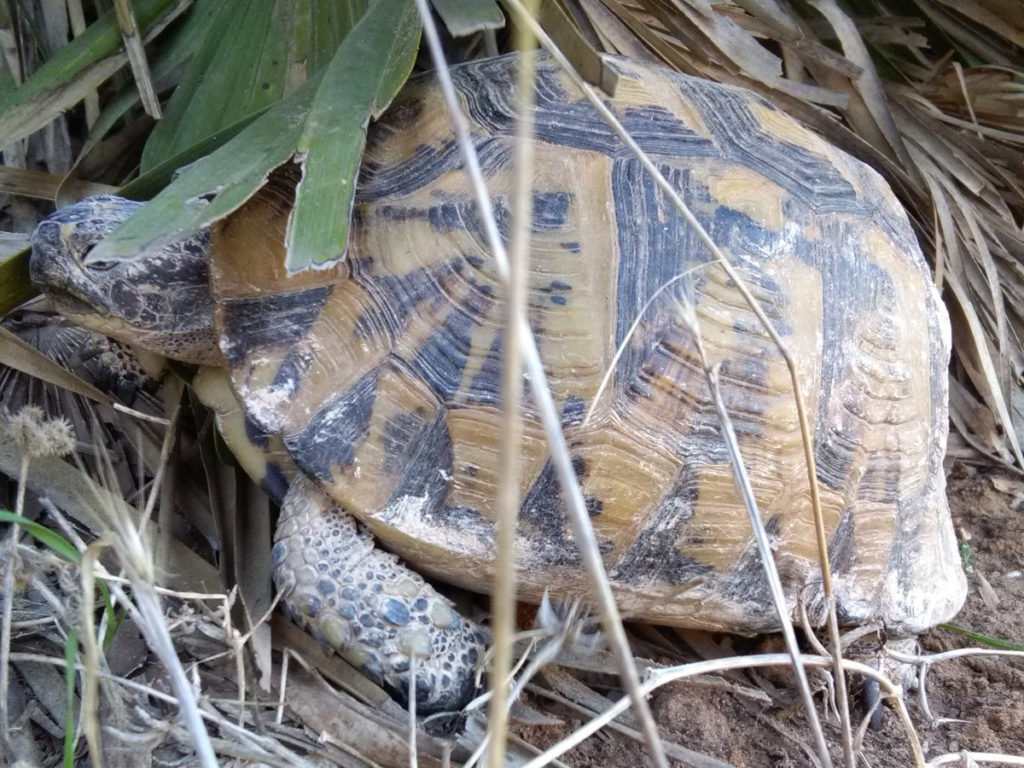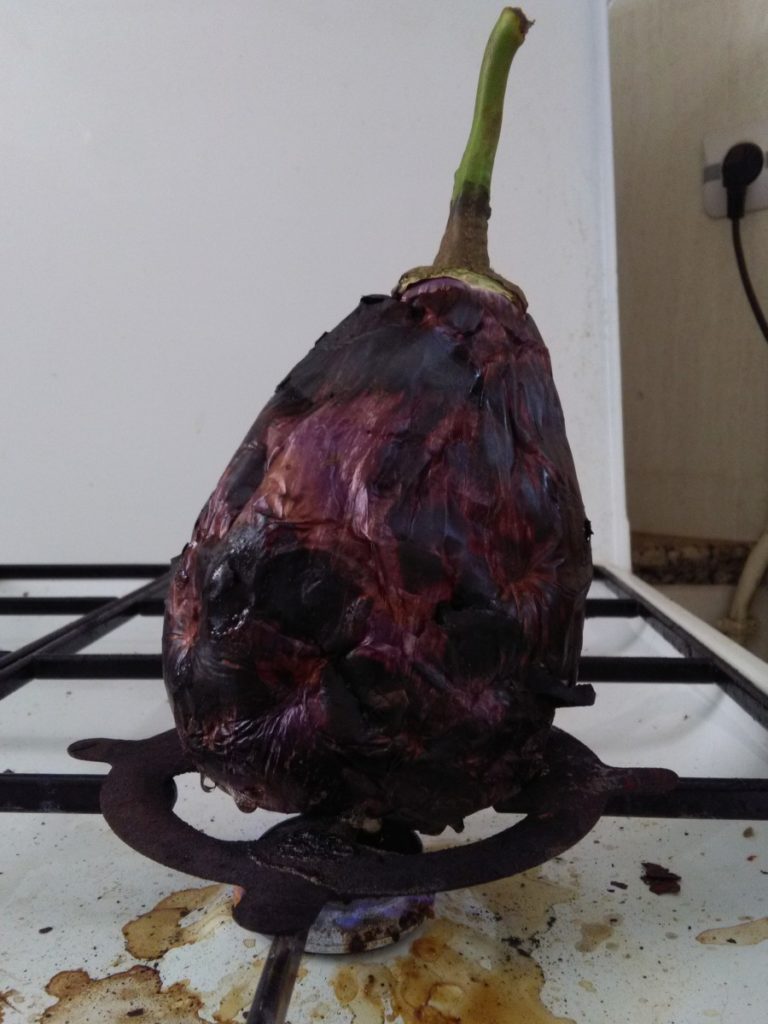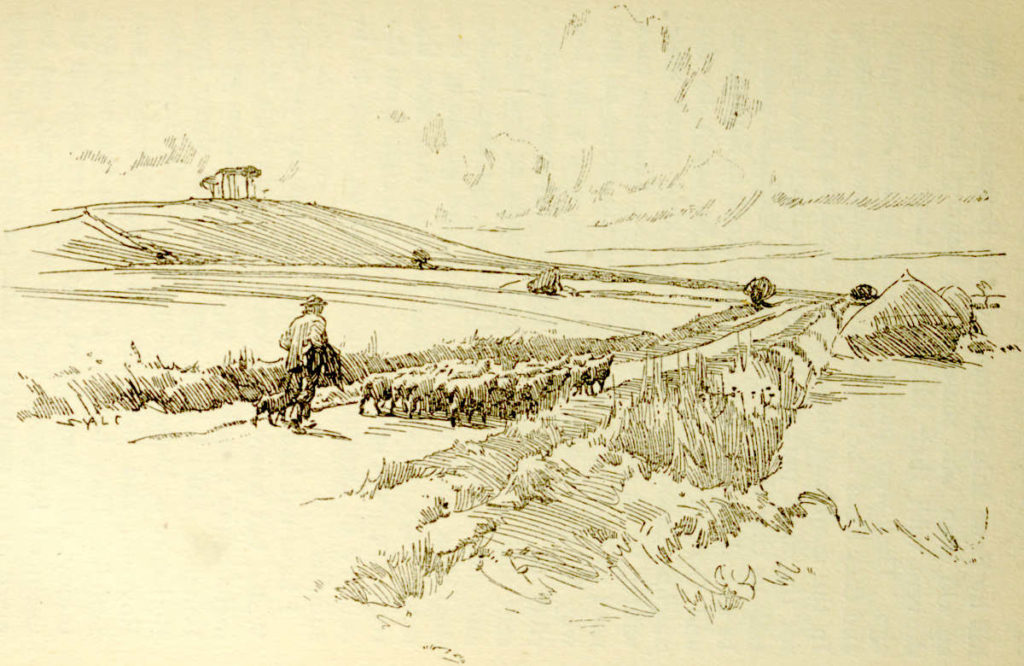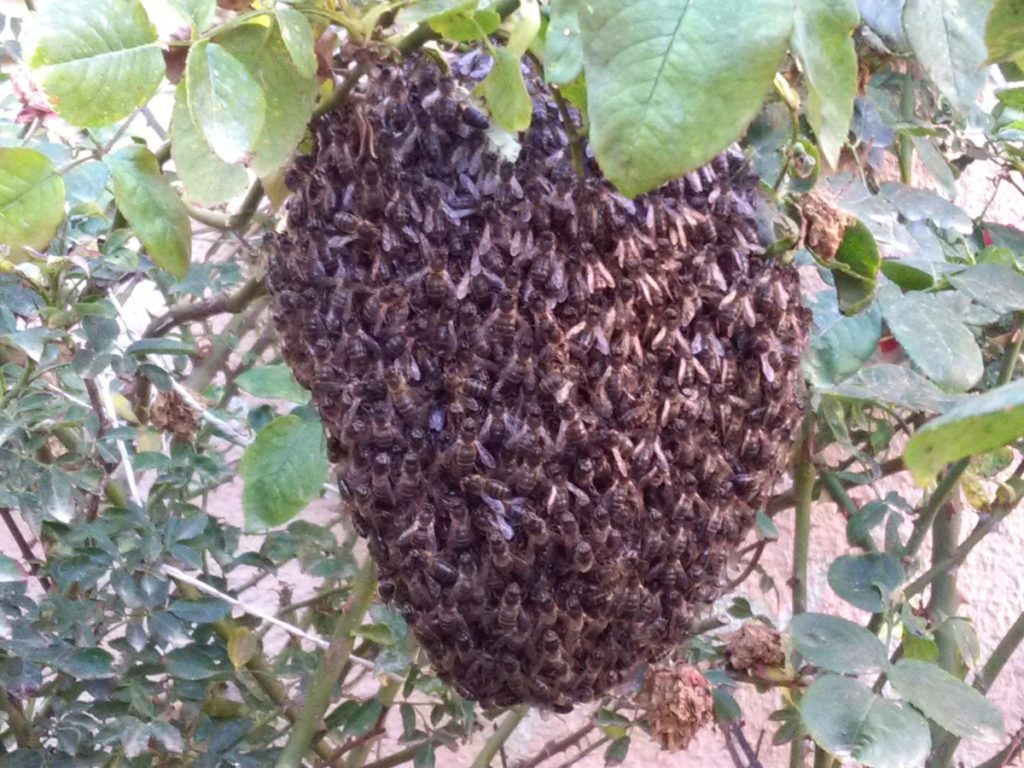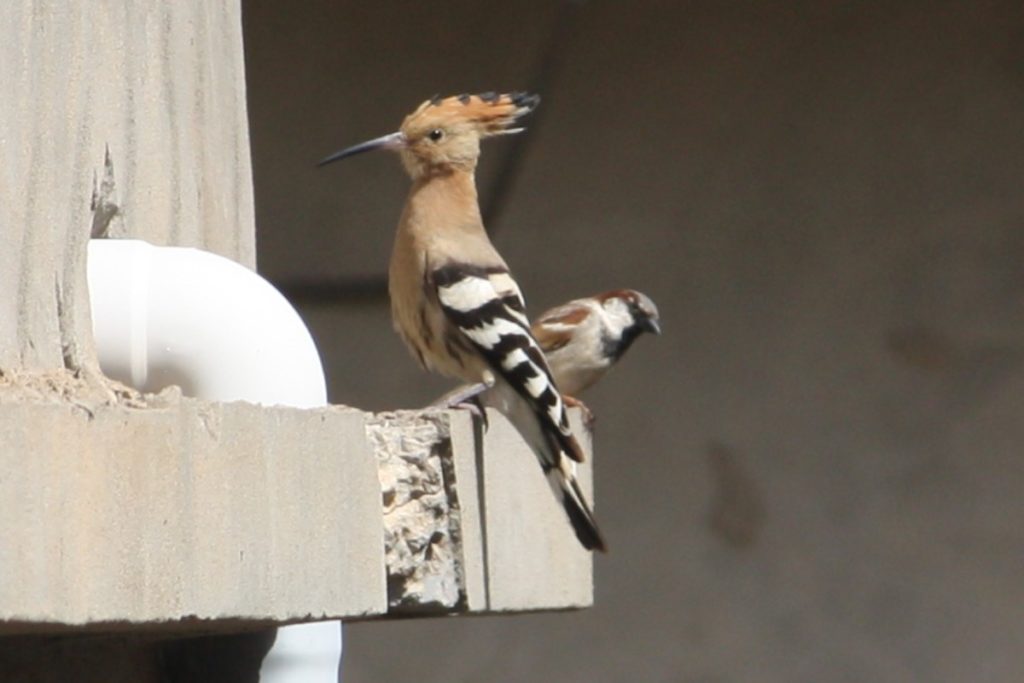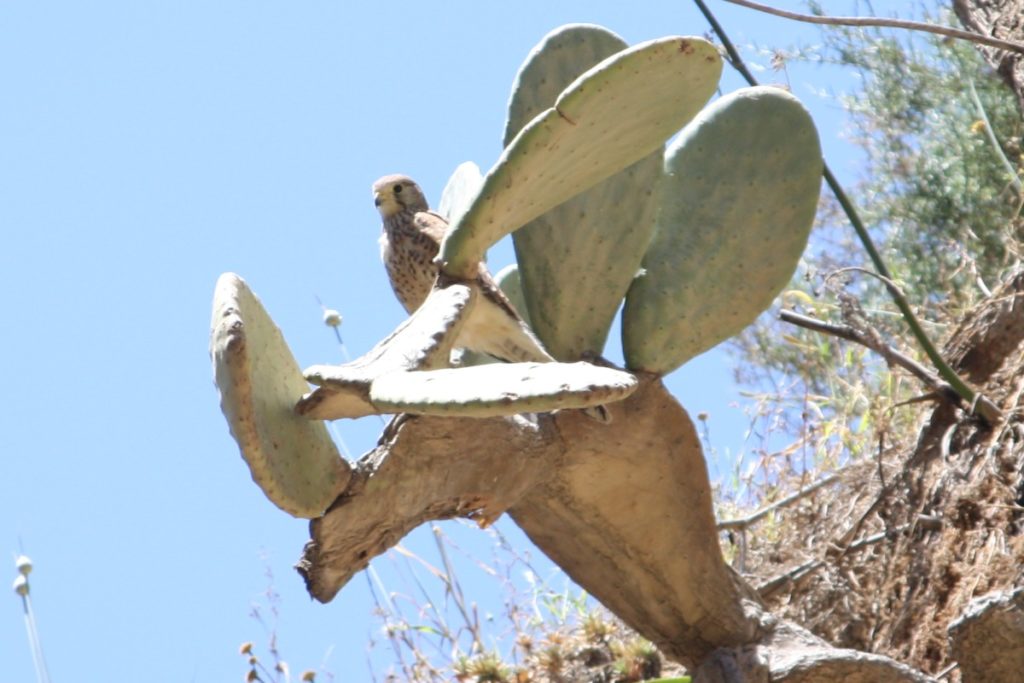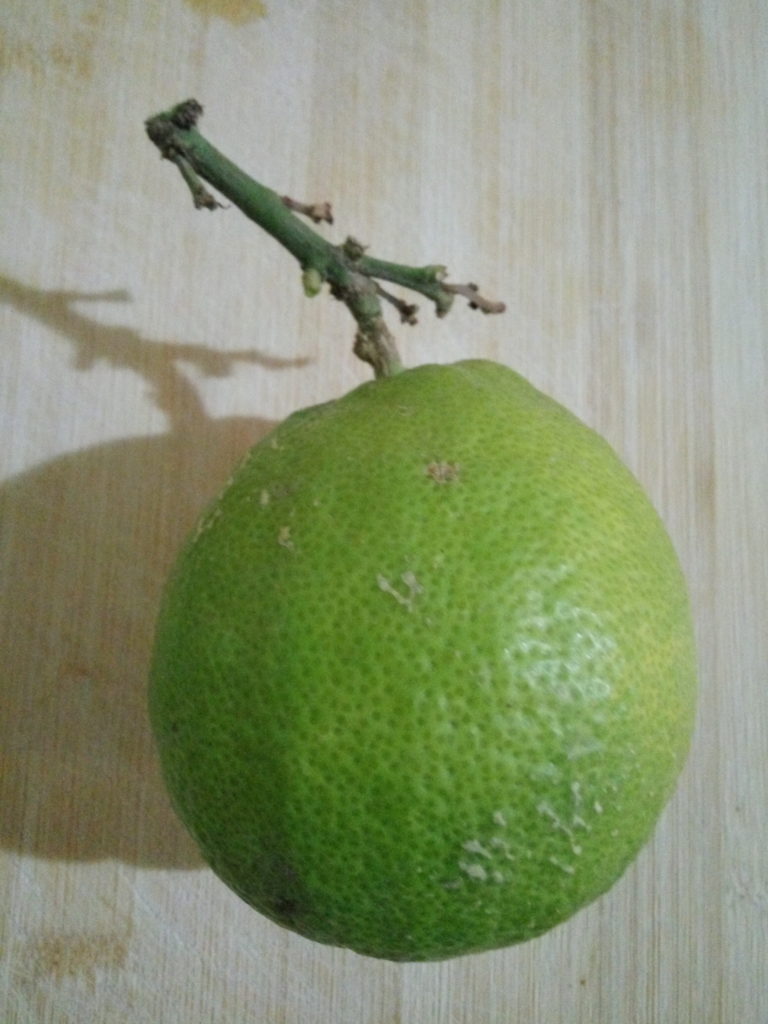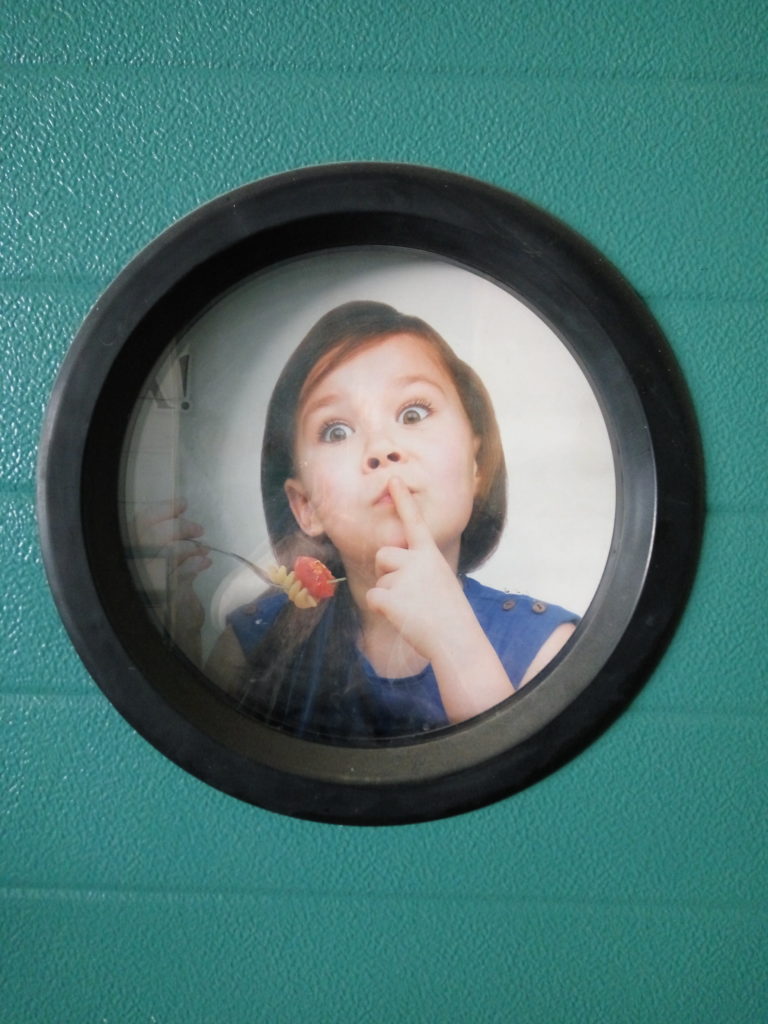*But only one of the bags is ours.
-
Recent Posts
Recent Comments
- admin on Cottbus Bird Census
- Flora Alexander on Cottbus Bird Census
- Flora Alexander on Proper Winter
- admin on Proper Winter
- Flora Alexander on Proper Winter
Archives
- May 2025
- April 2025
- March 2025
- February 2025
- January 2025
- December 2024
- October 2024
- September 2024
- August 2024
- July 2024
- June 2024
- May 2024
- April 2024
- February 2024
- January 2024
- December 2023
- November 2023
- October 2023
- September 2023
- August 2023
- July 2023
- June 2023
- May 2023
- March 2023
- February 2023
- January 2023
- December 2022
- November 2022
- October 2022
- August 2022
- July 2022
- June 2022
- April 2022
- March 2022
- February 2022
- January 2022
- December 2021
- August 2021
- July 2021
- April 2021
- January 2021
- December 2020
- November 2020
- August 2020
- July 2020
- June 2020
- May 2020
- April 2020
- February 2020
- January 2020
- December 2019
- November 2019
- October 2019
- September 2019
- July 2019
- June 2019
- May 2019
- April 2019
- January 2019
- December 2018
- November 2018
- October 2018
- September 2018
- July 2018
- May 2018
- January 2018
- October 2017
- September 2017
- July 2017
- June 2017
- May 2017
- March 2017
- February 2017
- January 2017
- November 2016
- October 2016
- September 2016
- August 2016
- July 2016
- June 2016
- May 2016
- April 2016
- March 2016
- February 2016
- January 2016
- November 2015
- October 2015
- September 2015
- August 2015
- July 2015
- June 2015
- May 2015
- April 2015
- March 2015
- January 2015
- December 2014
- August 2014
- July 2014
- April 2014
- January 2014
- November 2013
- October 2013
- August 2013
- January 2013
- August 2012
- July 2012
- May 2012
- April 2012
- March 2012
- February 2012
- January 2012
- November 2011
- October 2011
- September 2011
- July 2011
- June 2011
- May 2011
- April 2011
- March 2011
- February 2011
- January 2011
Categories
- Advent
- Antarctica
- Arabic
- Architecture
- Argentina
- Art
- Astronomy
- Austria
- Books
- Bureaucracy
- Computers
- Cottbus
- Czechia
- England
- Falkland Islands
- Food
- Germany
- Greece
- Home
- Hungary
- Ibra
- Indonesia
- Kitsch
- Language
- Learning
- Muscat
- Music
- Nature
- Netherlands
- Oran
- Oxford
- Pets
- Scotland
- Slovakia
- Society
- South Africa
- South Georgia
- Tamanrasset
- Travel
- Turkey
- Uncategorized
- Vietnam
- War
Meta

